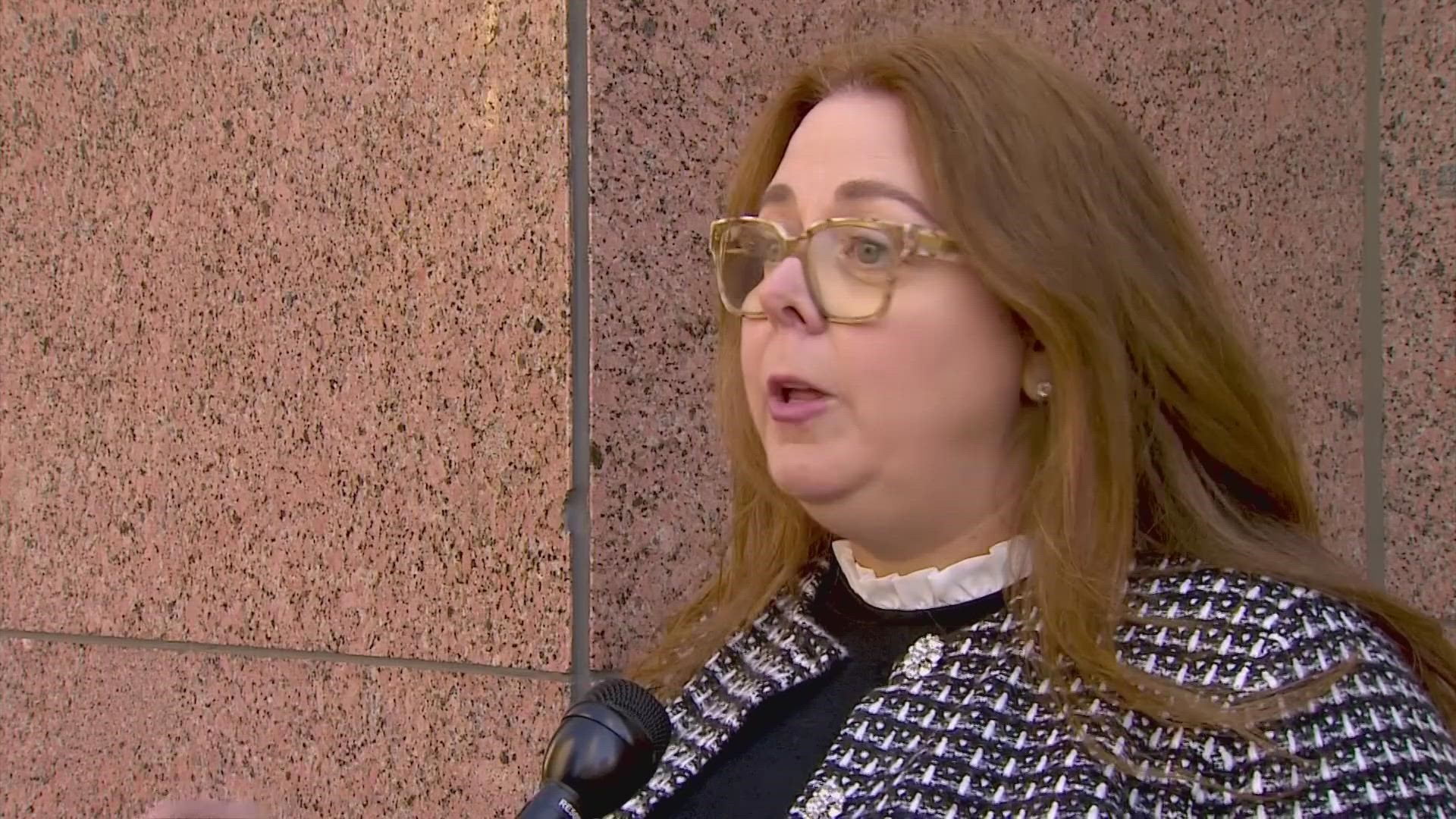DALLAS — In a hearing that lasted nearly seven hours on Friday, District Judge Janis Jack did not mince words with state leaders and stakeholders in charge of the state's embattled foster care program.
Following a federal lawsuit filed against the Texas Department of Family and Protective Services in 2011, Judge Jack required regular reports to be provided by two outside monitors of the department's status. Friday's hearing was held nearly a week after the fifth report was created.
"There are some good things, and many things that need improvement," Judge Jack said.
The report lays out improvements the department has made since the last check-in in areas like caseworker caseload and investigation outcomes, citing a nearly 10% drop in outcomes the monitors disagreed with.
However, monitors found that children in the State's care are still being exposed to harm.
The report cited an increase in wait times and dropped calls for calls coming into to report suspected neglect or abuse and not a high enough, according to monitors, percentage of cases involving kids in high-priority situations being opened within 24 hours of the report, which was one of the standards set.
Judge Jack said acknowledged the progress being made by DFPS but pointed out that once the numbers get to where they need to be, there will still be three years of monitoring in place.
"We need to get a move on because this is getting critical," Jack said.
The judge poured through the 280-page report, asking pointed questions and prodding for specific data to support the answers she received. She dug multiple times into what, specifically, is being done to address specific concerns while being clear that she didn't want "tapdancing answers."
One area that Judge Jack spent a lot of time discussing was cases involving Children Without Placements, which are typically severe cases that create a barrier to providing placement.
CPS told WFAA there were 69 CWOP cases as of Thursday. Judge Jack read through a number of specific high-risk cases involving children in this situation and said she wants to see the department have zero cases by June. She said if that doesn't happen, she will entertain a contempt of court motion from the plaintiff.
Late last year, Governor Greg Abbott appointed Stephanie Muth to lead DFPS, and she began her role as the department's commissioner on Jan. 2. Judge Jack welcomed Commissioner Muth, thanking her for coming out of retirement to do the job and said she is glad Muth is there.
Muth spoke exclusively with WFAA outside of the courthouse Friday and said this when asked about the CWOP cases:
"That is our goal. Zero kids in CWOP," Muth said. "We work on that on the individual child level also looking at the system of care and how you get those appropriate placements. It’s not an ideal placement. It’s not ideal for the child. It’s certainly not ideal for the staff, so that is our goal.”
But when asked whether she could commit to zero CWOP cases by June, she said she cannot.
"I cannot commit to making that happen by June," Muth said. “There is a lack of placements. It’s a placement of last resort at this point, but there are a number of reasons why so we have to tackle this from a number of different angles.”
Judge Jack also threatened to levy multiple contempt of court charges against DFPS next month during a hearing related to a different topic, in response to a lack of answers on issues she said should have been addressed years ago.
The judge highlighted a low percentage of children in custody who have access to phones, are familiar with the Foster Care Bill of Rights and have a known point of contact if they need to report an incident. Judge Jack said those issues were to be addressed within 30 days of a motion filed more than five years ago.
"You are not getting the urgency," Jack said.
She read through specific cases involving children who passed away in the state's custody, as well as a case involving a pregnant 13-year-old girl who was a sex trafficking victim, who managed to run away more than once. The judge demanded a list of all children in permanent custody who are pregnant, their ages and whether they became pregnant while in foster care within 30 days.
"These children are dying under your supervision," Jack said. "They're getting raped, and they're running away."
Jack said kids classified as CWOP are "not safe" and called the current situation "dangerous". When asked if she would label it the same way, Muth called it "difficult."
“I can’t speak to what happened in the past but in three weeks that I have been there, what I do see is a sense of urgency," Muth said. "Our team is very committed to the mission of the agency and we are working both on individual children’s issues and cases and also systemically to make improvements.
Muth said DFPS has taken steps to request funding to improve services, increase funding for kinship placement and resources from the legislature, which was another question Judge Jack asked the group.
"The legislative process is just beginning and as part of that process the agency submits what we see as our immediate needs," Muth said. "We have a number of requests in there that would improve services to children and would also support staff who are on the front line to reduce turnover.”
Judge Jack stated that there will be another hearing, similar to Friday's, held on June 27.

